
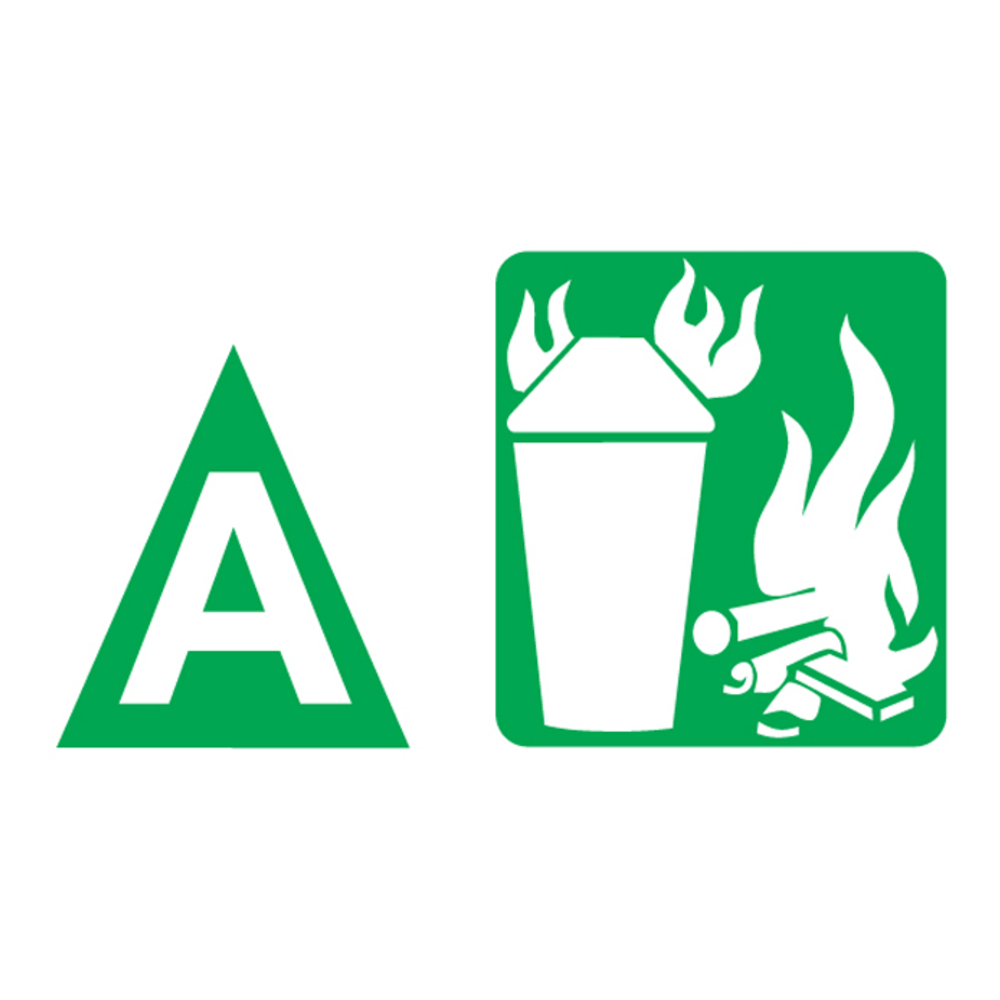
MOST COMMON FIRE CLASS
Class A fires involve common combustibles such as wood, paper, cloth, rubber, trash, and plastics.
Appropriate chemical agents for a Class A fire are as follows:
Our Recommendation: Badger 10-MB-8H
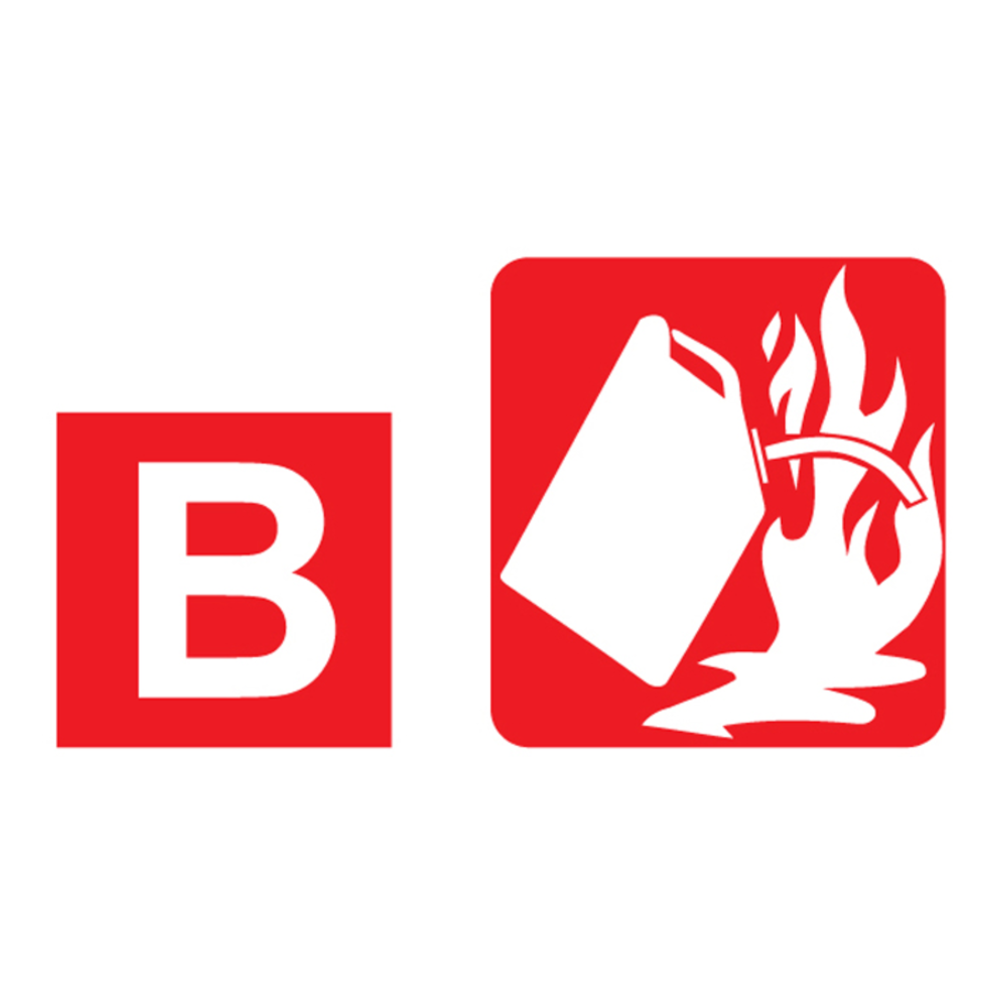
For Liquid Based Fires
Class B fires involve flammable liquids, solvents, oil, gasoline, paints, lacquers, and other oil-based products.
Appropriate chemical agents for a Class B fire are as follows:
Our Recommendation: Badger 10-MB-8H
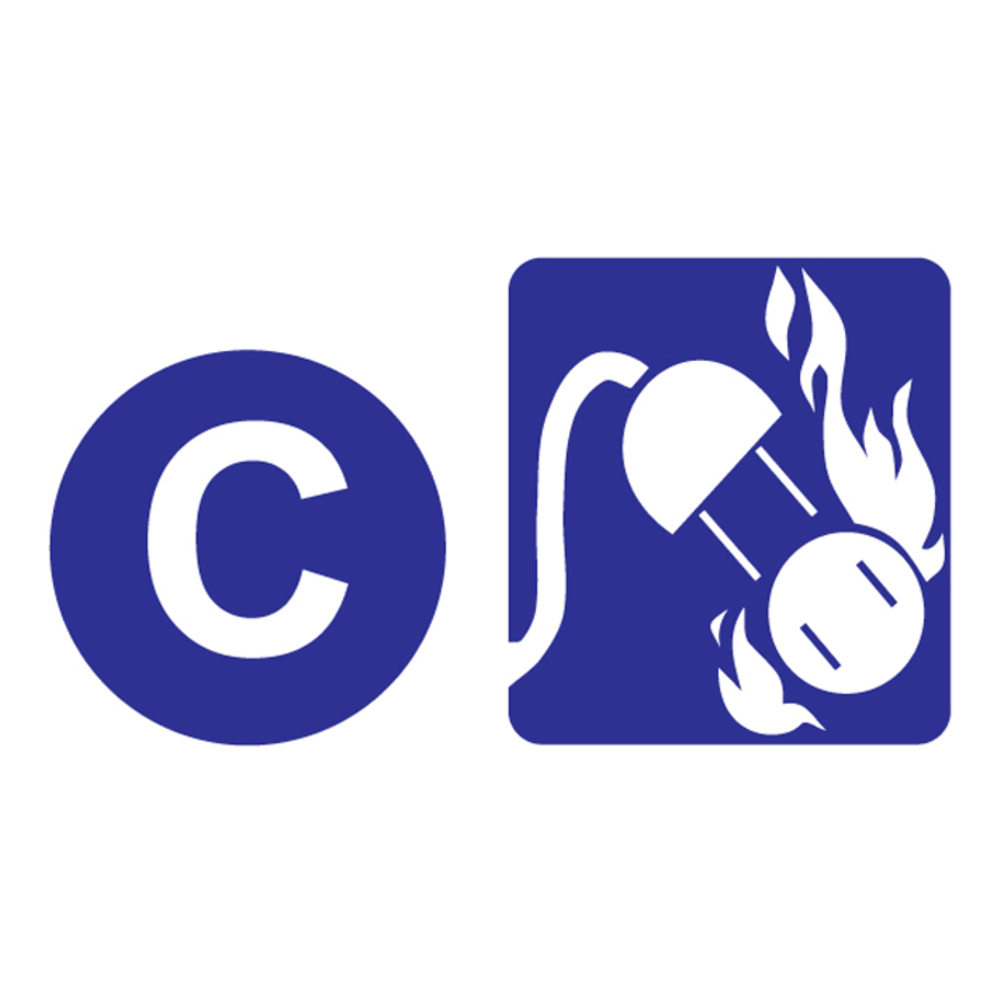
For Electrical Based Fires
Class C fires involve energized electrical equipment such as wiring, controls, motors, machinery, and appliances.
Appropriate chemical agents for a Class C fire are as follows:
Our Recommendation: Badger 10-MB-8H
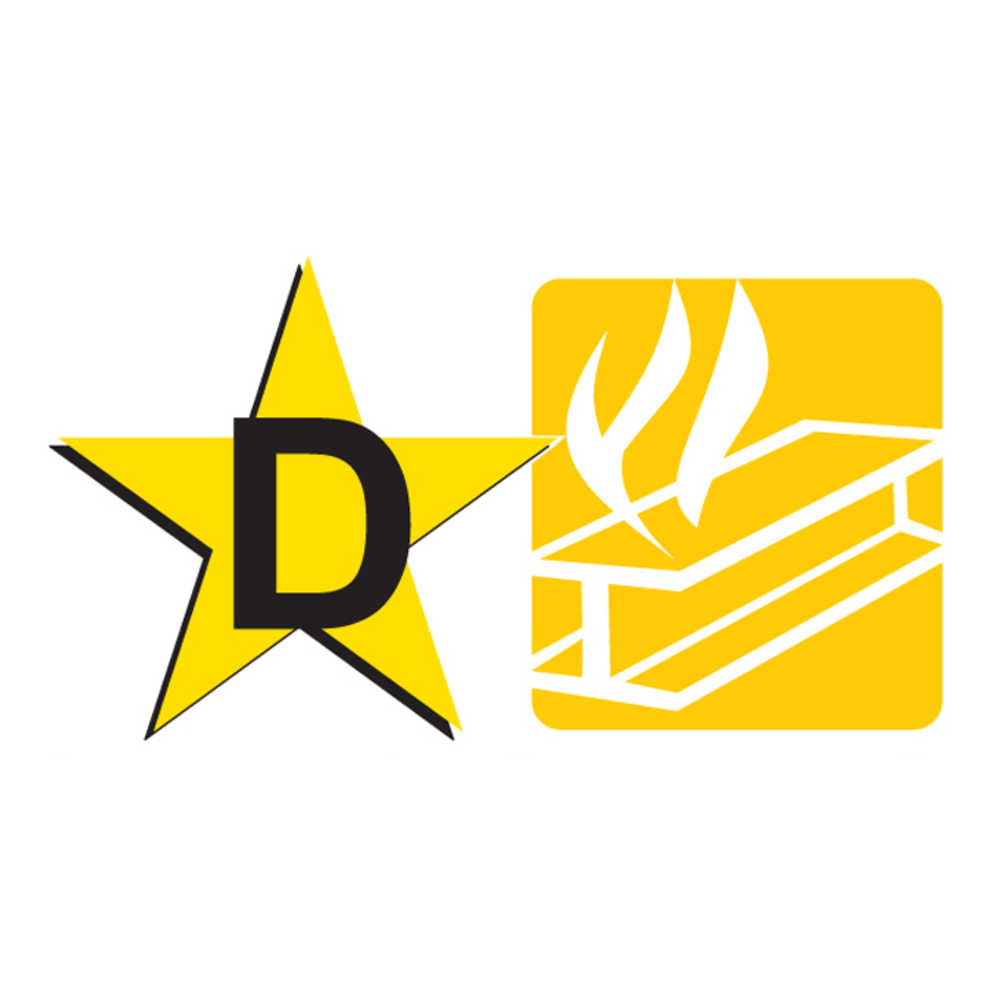
For Metal Based FIres
Class D FIres involve combustible metals such as magnesium, lithium, and titanium.
Appropriate chemical agents for a Class D fire are as follows:
Our Recommendation: Amerex B570
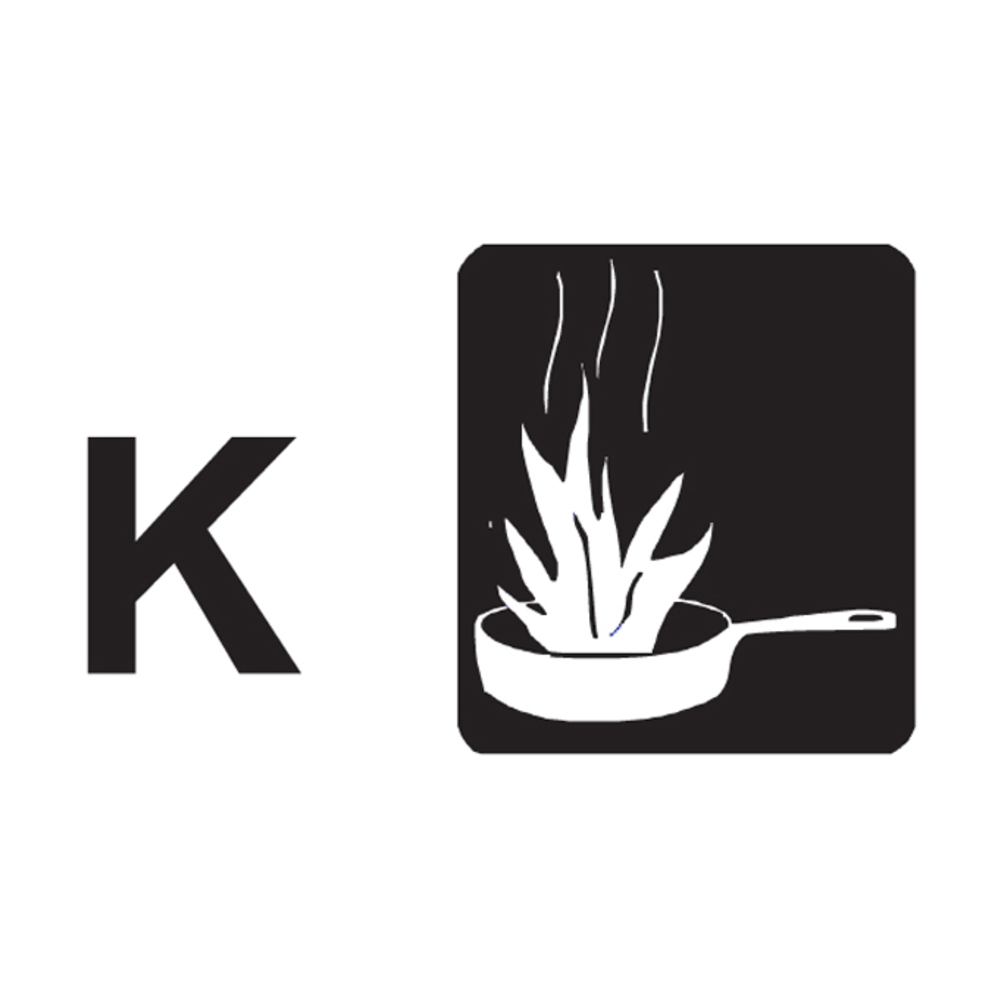
For Kitchen Fires
Class K fires involve combustible cooking media such as oils and grease commonly found in commercial kitchens.
Appropriate chemical agents for a Class K fire are as follows:
Our Recommendation: ANSUL Sentry K-Guard K01-3